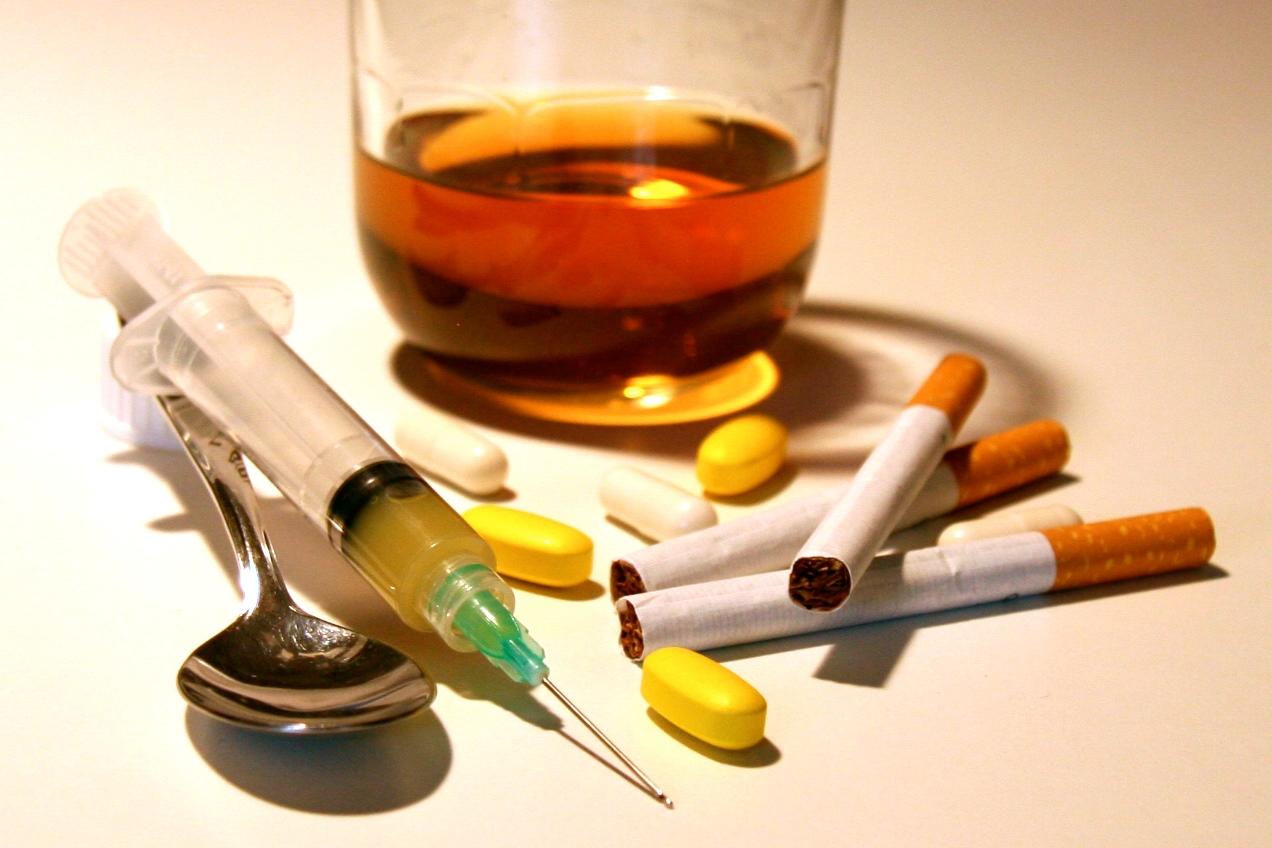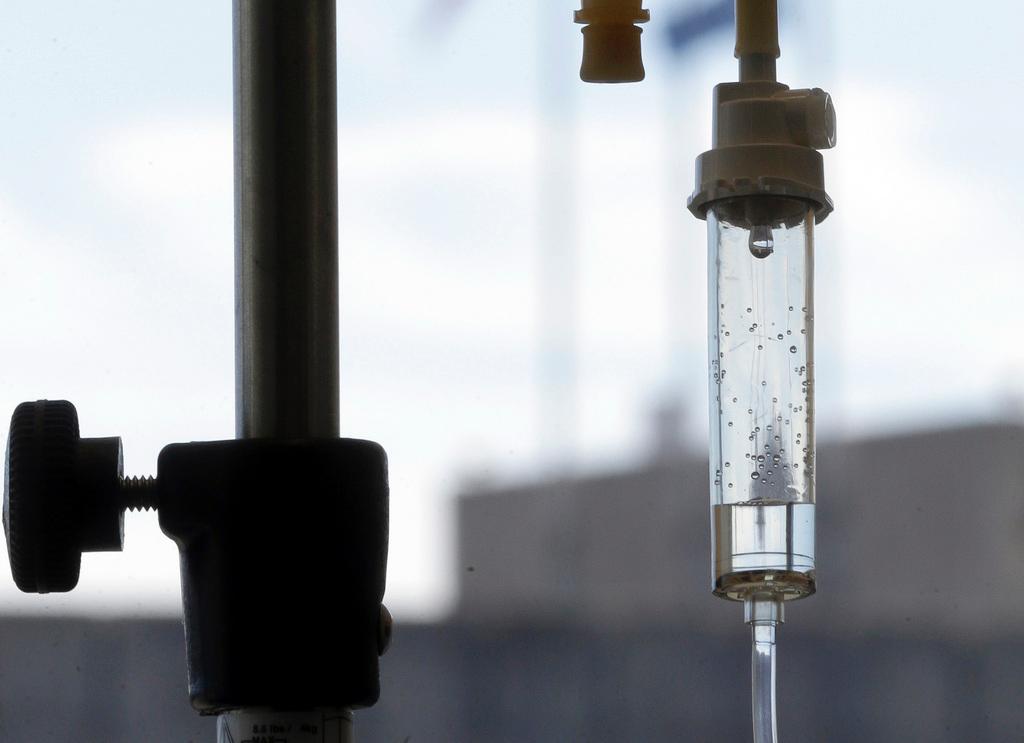Stress hormone helps addicts forget cravings

Researchers from the University of Basel have found a possible remedy for heroin addiction in the form of cortisol – a stress hormone that occurs naturally in the human body.
Cortisol is already known to make it harder to remember certain things, including unpleasant events like episodes of anxiety. Results published on July 28 in the journal Translational Psychiatry show that this effect also extends to memories related to drug use, suggesting that cortisol could help bring relief from uncontrollable cravings.
At the University of Basel, Marc Walter and Dominique de Quervain tested 29 patients receiving controlled doses of heroin as part of an addiction treatment programme. Each patient was given pills prior to a dose of heroin. Without knowing which they were given, some patients took pills containing cortisol, while others took pills without any active ingredient (a placebo).
To determine the effect of the cortisol, the researchers later asked the patients to rate the cravings they experienced from 0 (not at all) to 10 (very strong). The results showed that patients who received the cortisol demonstrated a 25% reduction in heroin cravings.
De Quervain says that individuals in Switzerland’s controlled heroin programmes could potentially benefit from this new discovery, but that more research, including clinical studies, is required.
“[Cortisol] is produced by the human body,” de Quervain told swissinfo.ch. “If taken at high doses and over a longer time period, there are many side effects. Treatments with cortisol are therefore always carefully monitored by a doctor.”
Based on the promising results, further studies have already been planned.
“We also plan to investigate the effects of cortisol for other addictions such as nicotine, alcohol or gambling addiction,” said co-author Walter.
Heroin in Switzerland
In the 1980s and 1990s, heroin use was a serious problem in Switzerland, especially in Zurich where the open drug scenes or “Needle Parks” flourished. Since 1994, Switzerland has allowed heroin to be administered to addicts in controlled doses in its pharmaceutical form, diacetylmorphine.
This unusual “harm-reduction” approach to extreme drug addiction in cases where methadone treatment fails has been written into Swiss law since 2010. Overall, the therapeutic method has proved very successful: in the last 20 years, deaths by heroin overdose in Switzerland have fallen by about half. Today, just 0.5% of individuals in Switzerland aged 15 years and older report that they have used heroin at least once in their lives. Only 0.1% report use in the last 12 months.
While heroin is not the most common form of drug use in Europe as a whole, it is still one of the most dangerous. According to the Europe Monitoring Centre for Drugs and Drug Addiction, heroin and other opioids are associated with more deaths, health problems and health costs in Europe than any other drug.

In compliance with the JTI standards
More: SWI swissinfo.ch certified by the Journalism Trust Initiative



You can find an overview of ongoing debates with our journalists here. Please join us!
If you want to start a conversation about a topic raised in this article or want to report factual errors, email us at english@swissinfo.ch.